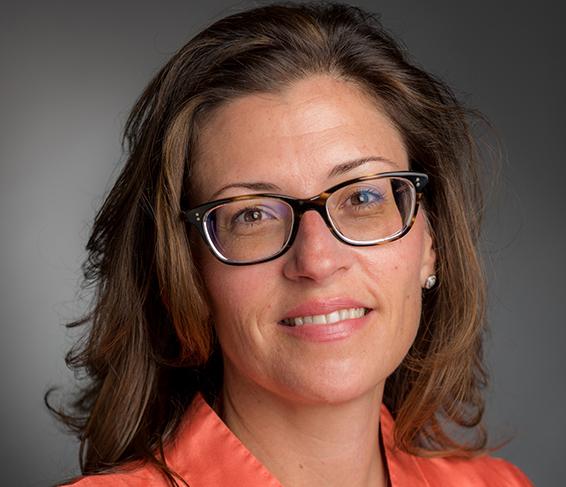Study shows young breast cancer survivors experience significant arm morbidity rates following surgery
Young breast cancer survivors reported high rates of arm swelling and impaired range of motion following surgery for breast cancer, according to research presented today at the 2017 San Antonio Breast Cancer Symposium. The high incidence of arm morbidity among a large group of young women with breast cancer, suggests the need for increased pre-operative discussions and support for this population, according to study authors.
"Arm morbidity is of particular importance in young patients given the longer survivorship period and detrimental effects of arm-impairment on body image, as well as home and personal care functions," said Tari A. King, MD, FACS, Chief of Breast Surgery at Dana-Farber/Brigham and Women's Cancer Center, the study's senior author. "While lymphedema and shoulder impairment are well-known surgical complications among breast cancer survivors, the incidence and risk factors for these morbidities in younger survivors has not been previously studied."
Investigators from Dana-Farber/Brigham and Women’s Cancer Center assessed the incidence of self-reported arm swelling and decreased range of motion in a cohort of 1,037 patients enrolled in the Young Women's Breast Cancer Study; median patient age in this cohort was 37 years. Thirty percent of patients in the study had breast-conserving surgery, 25% underwent mastectomy and the 45% underwent bilateral mastectomy. Axillary surgery included removal of the sentinel lymph nodes only in 55% of patients and the remaining 45% of patients had removal of additional lymph nodes removed, a procedure called an axillary node dissection.
Among patients enrolled in the study, 40 percent experienced decreased range of motion and 13 percent reported arm-swelling a year after surgery. Patients undergoing mastectomy with radiation therapy were twice as likely to experience decreased range of motion compared to patients treated with breast-conserving therapy. Axillary node dissection, increased body mass index, and less comfortable financial status were all independently associated with increased risk of self-reported arm swelling.
"These findings highlight an opportunity for pre-operative education and early referral to physical therapy to help minimize arm impairment in this population," said King. "Attention to the risks and benefits of local therapy strategies, specifically breast-conserving therapy vs mastectomy, in this population is also warranted."
Patients enrolled in the study were part of the Young Women’s Breast Cancer Study (YWS), a multicenter, prospective cohort study, established by Ann Partridge, MD, MPH, founder and director of the Young Women with Breast Cancer program at Dana-Farber Cancer Institute. The YWS explores biological, medical and psychosocial issues in young breast cancer patients.
Media Contacts
If you are a journalist and have a question about this story, please call 617-632-4090 and ask to speak to a member of the media team, or email media@dfci.harvard.edu.
The Media Team cannot respond to patient inquiries. For more information, please see Contact Us.
